It is very difficult to figure out the purpose of the mixed-up wavy letters in the two words. I think I have them right, in fact, I know I do in some cases. Please explain the point to me.
Anne Lawson
Why are the two words one is required to type when registering always so fancy in design? It’s hard to read them.
Maja Novak
What is Captcha? Definition and a super quick intro
Anne and Maja are referring to what is known as Captcha, or more correctly, Text CAPTCHA. Nowadays you find them almost everywhere on the net… both popular and the not-so-famous web sites and blogs. And there is one right on this page – scroll down to check it out.
Sponsored Links
Captcha is a type of challenge-response test used in computing to ensure that the response is not generated by a computer
(source Wikipedia). In layman’s terms, the aim of the text Captcha is to offer a puzzle which only humans are able to solve. Typically, text Captcha has a set of randomly generated alphanumeric characters that are wavy, battered, crossed with lines and / or close to each other (almost overlapping).
Different types of CAPTCHA
The full form of CAPTCHA is “ Completely Automated Public Turing test to tell Computers and Humans Apart” and it can be any sort of puzzle/test. Most of us are, however, familiar with text Captchas that consist of alphanumeric characters or ‘those two words’ (as in the case of reCAPTCHA, more on this below). Below are Captchas from some popular web services.
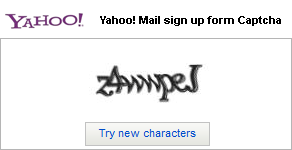
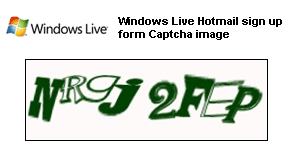
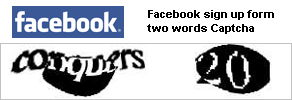
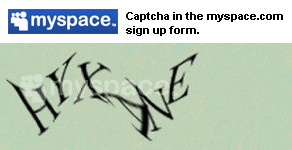
Where are CAPTCHAs found?
Here are a few places where you’ll find text CAPTCHAs – those wavy letters and words.
- Sign up / registration forms for online services
- The comments / feedback submission forms like those on blogs and other web sites.
- Verification process – refer Windows Live email verification.
Why is there a need to have a CAPTCHA?
The web can be quite a wicked place, I’m sure you know this. The scourge of spam is a just a mild example; there are many nastier things. The main aim of CAPTCHAs is to ‘protect the system’ – they prevent misuse and exploitation by automated programs (bots).
Let us take the case of a sign up form on a free email service such as Hotmail. If this form doesn’t have a CAPTCHA puzzle, a small program written by a qualified hacker can quickly create tons of email accounts in a minute. The program can incessantly run the registration form script and provide it with the required inputs (probably from a database). However, including a CAPTCHA that only humans are able to decipher correctly will result in the failure of the hacker program since it will not be able to decode it and the registration form will not go through. Thus, the program will not be able to abuse the service.
Similarly, a CAPTCHA in a feedback form of blogs (such as this one) foils the attempts of automated programs from bombarding the site with hundreds and thousands of comments each day!
Why are the letters or the two words wavy / battered / crossed with lines – Fancy format?
With the increase in computing power, it soon became possible to implement Optical Character Recognition (OCR) algorithms. Such OCR programs have the ability to recognize the written word by identifying the shapes of letters and characters. They can take a scanned document, for example, and convert it into text that can then be edited and modified.
However, even though OCR programs are quite capable nowadays, they have a couple of basic requirements. The characters should be ‘clear’ (standout from the background) and conform to their defined shapes.
Thus, if the character is wavy or has a lot of noise around it (such as specks, spots and stains) it would probably not be legible to the OCR program. This is what CAPTCHAs take advantage of. The characters in a text Captcha are typically wavy, battered, huddled up and / or have a good bit of noise in the background such as criss-cross lines.
Because of all this, sometimes even humans can have difficulty when deciphering a Captcha. Taking this in account, one is usually provided with a “refresh” button that shows a different set of words / characters.
The Two words Captcha
As far as I know, the two words Captcha has been made famous by reCAPTCHA that started as a project in the School of Computer Science at Carnegie Mellon University. I personally love this service and use it on all my web sites – also those of my clients. So what is so great about reCAPTCHA, apart from being free? Deciphering the two words helps digitize books and newspapers. Intrigued? Learn more about reCAPTCHA service.
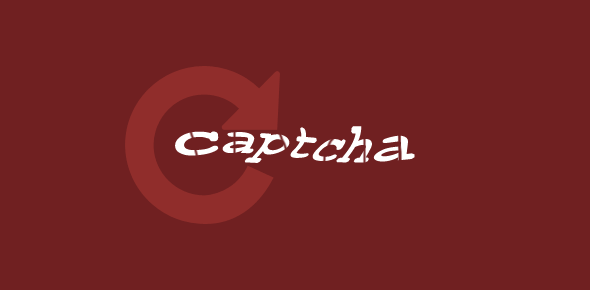
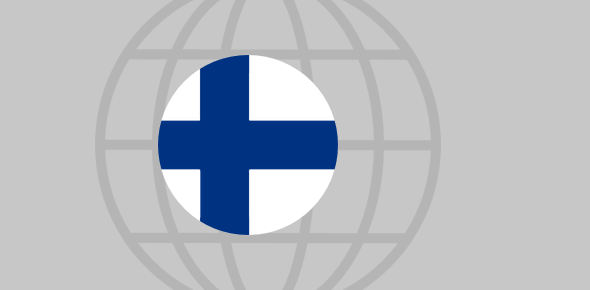
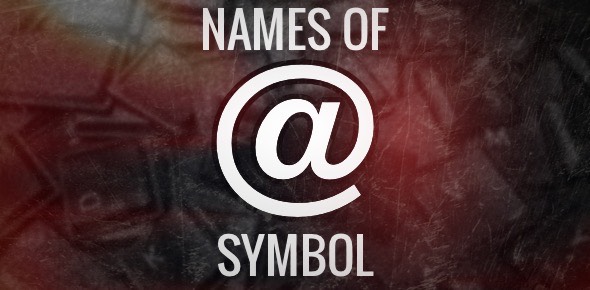
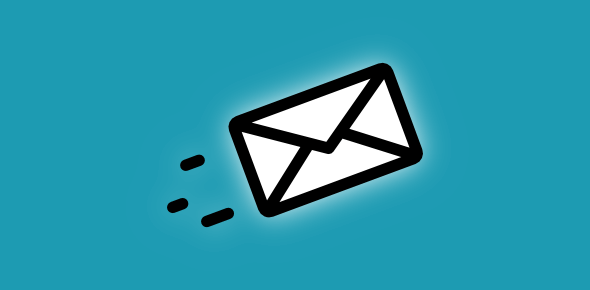
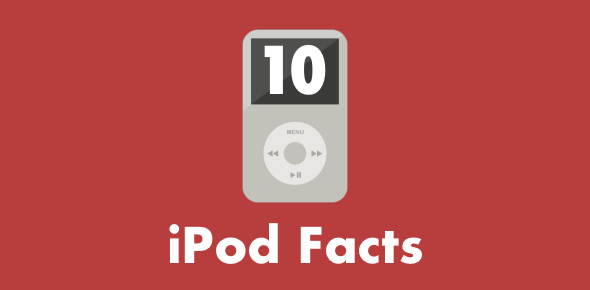
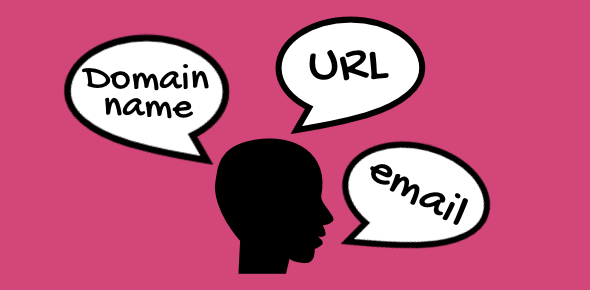

Thanks for the explanation. Now I understand what’s the purpose of all those silly words. Thanks.
When I am asked to verify my account, I am taken to the next page, but there is no captcha to copy, so I am unable to verify my account, therefore unable to send any more messages through my account. What should I do?
@Ni, guess you are referring to your Hotmail email account, right? I suggest using a different web browser for accessing the account. If that doesn’t work, post a message on the Windows Live Solutions Center – http://www.windowslivehelp.com/
The 2 words are really difficult to read at times. Can’t you use a simpler CAPTCHA?
@Duane, yes, I could have used another CAPTCHA service but ReCAPTCHA is very simple to implement especially on a WordPress blog. If you have problems in deciphering the two words, click the button with the two arrows (refresh button – Get a new challenge).
Thanks for information!
I Love this site… it explains everything so nice. It even talks about things that I would be asking in a student / teacher environment. Thank You!!
A very nice easy to understand explanation of the use and purpose of CAPTCHA (I didn’t know it was called that!). Thanks.